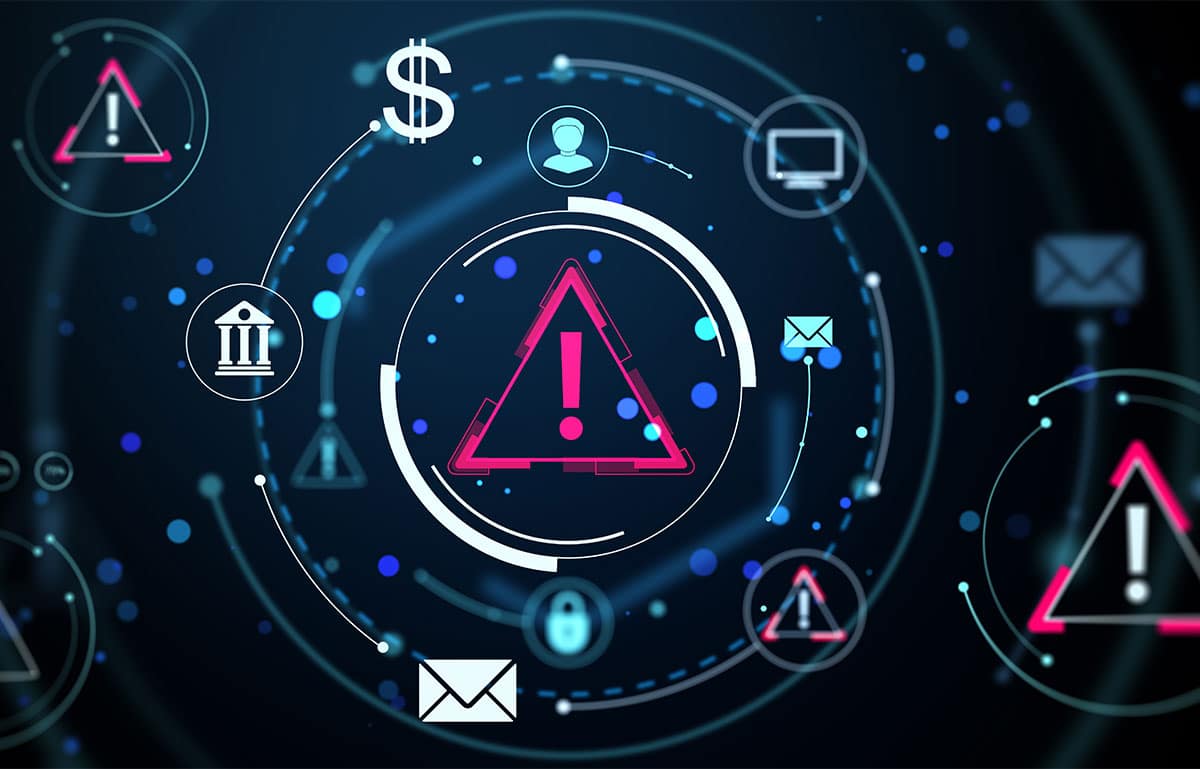In 2025, some of the UK’s best‑loved retailers including Marks & Spencer, the Co‑Op, Harrods, and others, have suffered major cyber‑attacks that spotlight exactly why PCI DSS compliance is more important than ever before.
Cyber-attacks on the UK’s Retail Giants
- Marks & Spencer (M&S) was hit by a devastating ransomware event in April, attributed to the DragonForce or Scattered Spider groups. The breach forced the company to suspend online orders and click‑and‑collect services for nearly seven weeks. Estimated losses: up to £300 million in profit—and a drop of over £1 billion in market value. The shockwaves were so severe that M&S sought help from the FBI and Britain’s NCSC.
- The Co‑Op confirmed that more than 6.5 million customers had personal data exfiltrated in the same April attack, though payment details were spared. The breach stemmed from compromised loyalty program infrastructure and exposed how interconnected third‑party systems can become backdoors.
- Harrods also reported a targeted cyber‑intrusion in late April, which though thwarted, highlighted the industry‑wide nature of the attacks.
- Law enforcement made progress: four suspects aged 17–20 were arrested in the UK as part of the coordinated National Crime Agency (NCA) probe.
These weren’t isolated incidents, but rather part of a broader pattern impacting supply chains and payment systems across the retail sector, and even beyond into distribution, as seen in the attack on United Natural Foods in the U.S. with a 9.3% stock drop post‑breach. The blast radius of these attacks extends well into consumer confidence and spending, impacting the world economy.
Why PCI DSS Matters More Than Ever
These high‑profile incidents underscore key lessons:
- Third‑Party Risk Is Real – The Co‑Op breach traced back to a loyalty provider, and M&S’ interruption stemmed from a service provider compromise. PCI DSS mandates rigorous oversight of third parties that touch payment data.
- Downtime Equals Massive Loss – M&S’ seven‑week ecommerce outage was a sharply felt financial blow. Strong network segmentation and business continuity planning, as required by PCI DSS, can help minimize systemic disruption.
- Data Beyond Cards Still Fuels Attacks – While payment data wasn’t stolen in the Co‑Op case, exposed personal contact info can facilitate phishing campaigns, social engineering, and identity fraud. PCI DSS’ encryption and access control requirements help reduce this risk.
- Compliance as Confidence – The Co‑Op was able to limit the fallout through fast detection and IT containment. These are key tenets of PCI DSS monitoring and testing. M&S’ appeal for mandatory breach reporting further underlines that transparency and resilient control frameworks benefit everyone.
- Cybersecurity Drives Business Resilience – As highlighted by TechRadar, cyber investments can bolster insurance stance, streamline operations, and even unlock new revenue to turn security from cost‑center to growth enabler.
The retail cyber-attacks of 2025 continue to offer a sobering reminder: in a hyperconnected world, no business that handles payments is untouchable. PCI DSS is a lifeline to every organization who invests in its rigorous, ongoing implementation.

